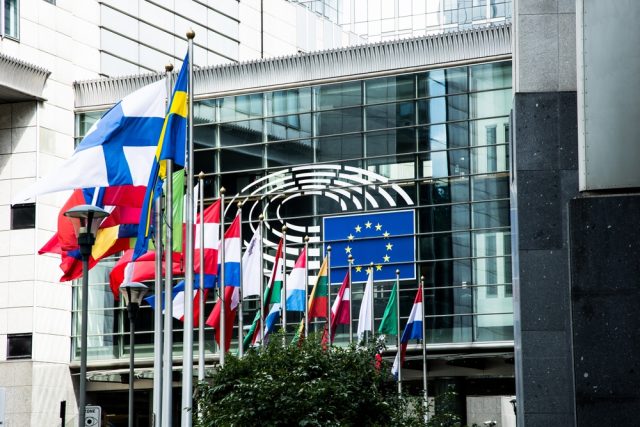
Last week, the European Parliament adopted a non-binding resolution calling on the European Union to introduce new measures to prevent possible Russian interference in EU politics. It is a call that is particularly urgent at this election time: the votes on 8 and 9 June are fast approaching, and their importance is crucial for the whole of Europe. For the first time, a right-wing majority could be elected, thanks to a significant rise in the polls of both the Ecr Party and the Id, which could seek a possible alliance with the People’s Group. On the other hand, the Socialists, who have led the European institutions for decades, are in decline. For the first time in practice, the European right could play a dominant role in EU fora. For this reason, the risk of Vladimir Putin’s Russia interfering in politics and elections in June is very high: indeed, the Russian dictator could try to monopolise the European political environment, perhaps favouring the election of parties more favourable to, for example, the Russian invasion of Ukraine. In the resolution, which was adopted by 429 votes to 27 with 48 abstentions, the Parliament called on the European Union and all member states to counter possible Russian interference and then spoke out against allegations that some MEPs were being paid to spread Russian propaganda.
Improved procedures and cooperation
But Russia is not the only risk. Indeed, the European Parliament has called on all member states to be vigilant against possible interference from other countries. There is a desire to join forces, because in this area too, cooperation is the best weapon available to Western democracies: unifying the policies of the European Union and the Member States is the most effective method of countering foreign interference, through a structural and long-term approach aimed at protecting the usability of fundamental freedoms in different countries. In addition, the European Parliament has proposed that the various EU member states strengthen internal security procedures, in particular by reinforcing internal investigation and sanction systems to assess possible foreign interference. To this end, MEPs have specifically called for a special procedure involving politicians and staff of the EU institutions: mandatory security training, followed by appropriate security clearance, and, finally, increased vetting of staff.
Sanctions for media outlets that engage in pro-Russian propaganda
In particular, the European Parliament said it was concerned about recent developments in the US FBI-sponsored investigation of a number of German MEPs accused of receiving large sums of money from the Kremlin. A scene already seen with other protagonists in the so-called “Qatargate”, in which Qatar tried to obtain advantages by bribing some members of the European Parliament. To remedy this problem in the near future, MEPs have asked the European Council to include in the next package of sanctions against Russia, the 14th since the outbreak of the war in Ukraine, fines for Moscow-backed media and other organisations and individuals that propagandize in favour of the Kremlin and propose a strategy of disinformation against the European Union. This follows the sanctions imposed by the Czech government on the Voice of Europe, an online media outlet accused of pro-Russian propaganda and run by Ukrainian pro-Putin oligarch Viktor Medvedchuk, who is also a target of the sanctions package, along with his close associate Artem Marchevskyi. This strengthens the European strategy to defend its freedom, so that the Union and its various member states can suffer from possible Russian interference.



 Subscribe
Subscribe